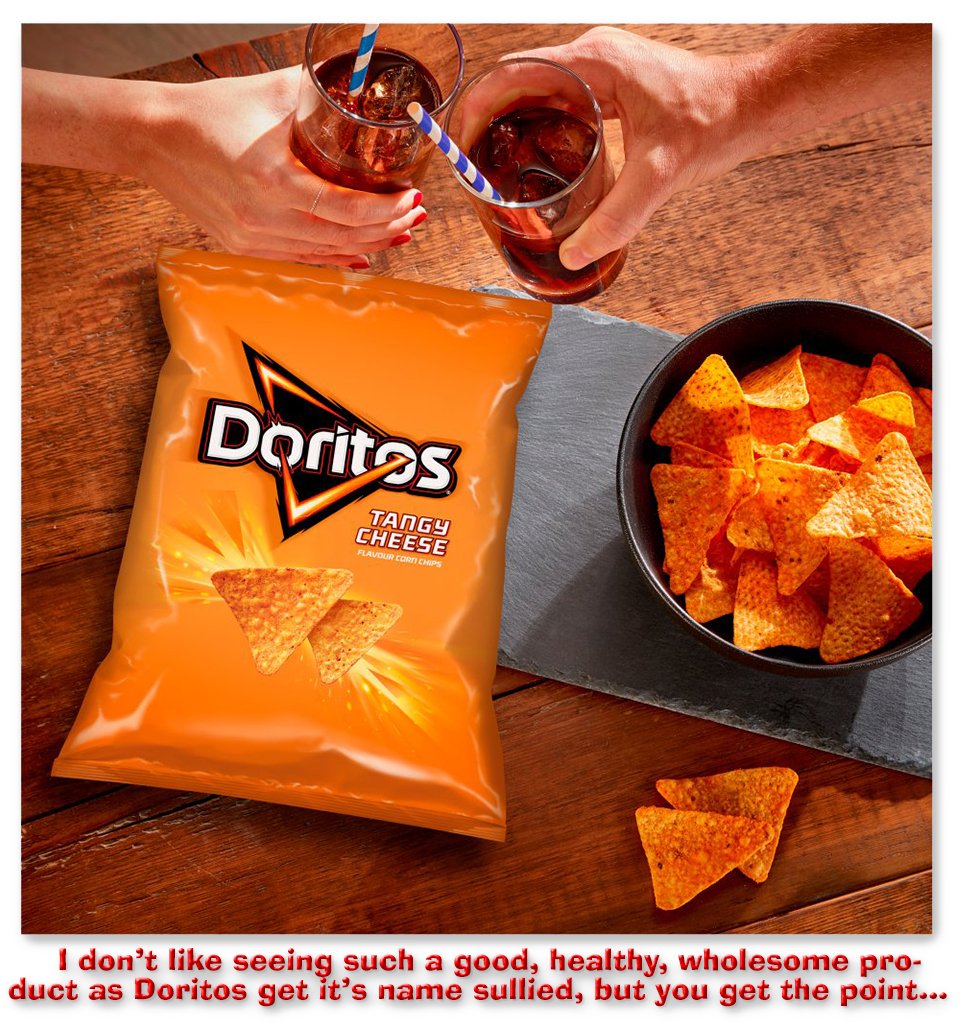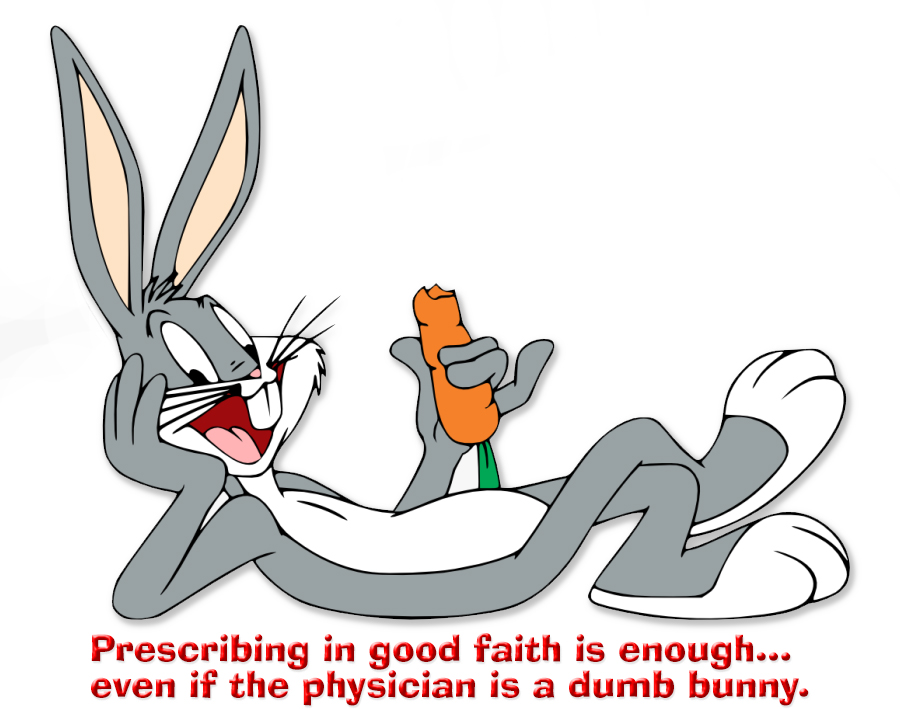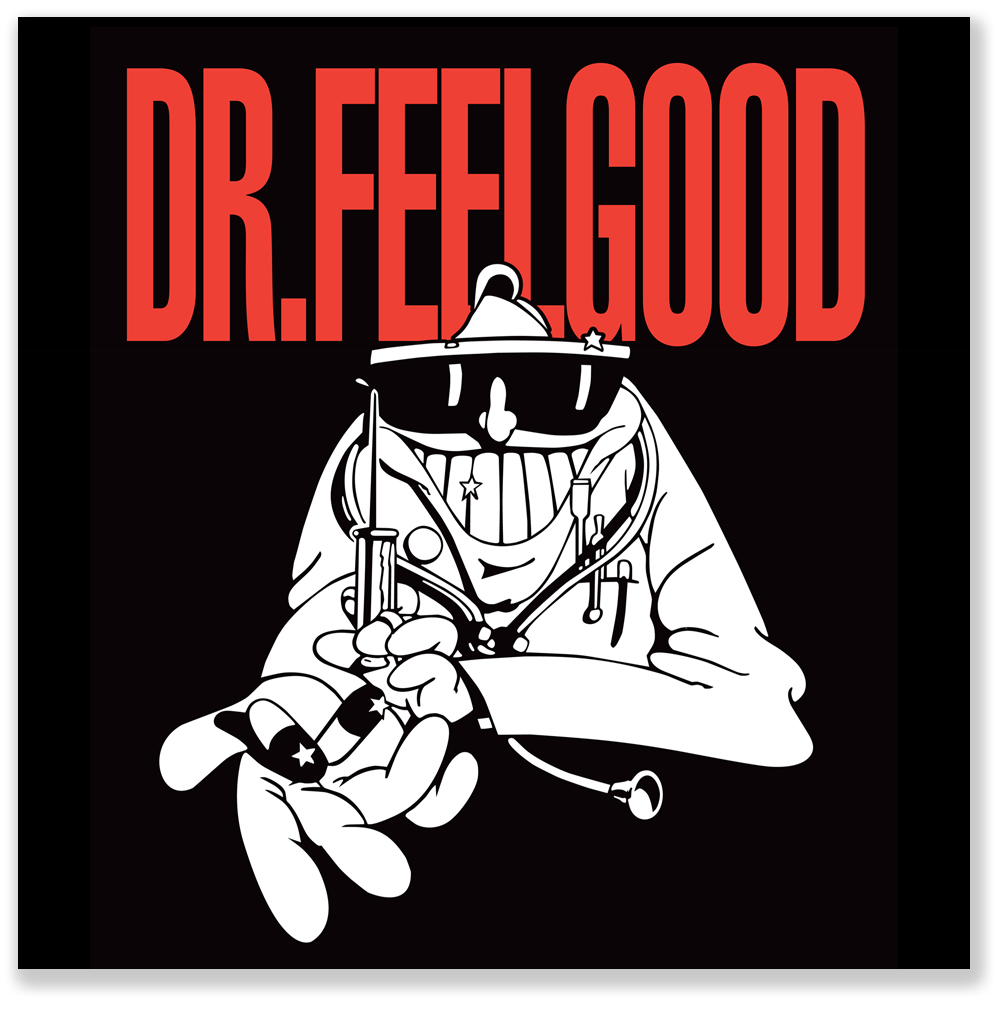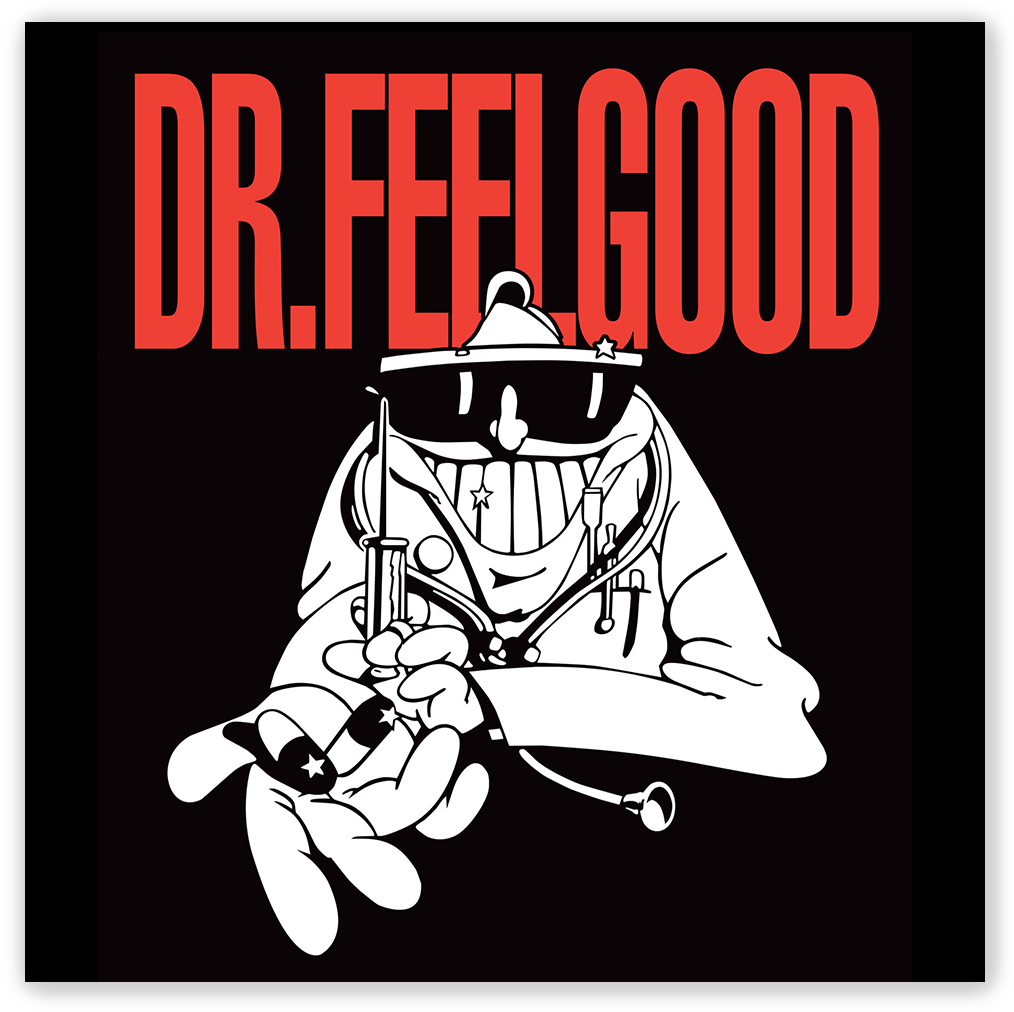We post news and comment on federal criminal justice issues, focused primarily on trial and post-conviction matters, legislative initiatives, and sentencing issues.

WHAT’S UP, DOC?
Almost everyone has heard lurid stories about doctors running pain clinics who operate as nothing more than drug dealers. Busloads of people from out of state unload every day, lining up for five-minute “appointments” that come with prescriptions for powerful opioid painkillers, filthy “clinics” accepting only cash but having hours from 6 a.m. to midnight… The surge in opioid distribution in America is, to use an ironic term, sobering: between 2006 and 2012, 76 billion doses were sold in America, about 230 pills for every person in America.
 As USA Today once put it:
As USA Today once put it:
If it sounds like [drug] companies were dispensing dangerous drugs like candy or snack chips, well, they were. In one email exchange from 2009, a former Mallinckrodt national account manager, Victor Borelli, told a customer that 1,200 bottles of oxycodone 30 milligram pills had been shipped. “Keep ’em coming!” the customer responded. “Flyin’ out of here. It’s like people are addicted to these things or something. Oh, wait, people are.” To which Borelli responded: “Just like Doritos keep eating. We’ll make more.”
But there’s always an “on the other hand,” and this issue is not an exception. Finding doctors who have crossed the line by counting the number of opioid prescriptions issued runs the risk of sweeping up physicians who practice responsibly albeit on the cutting edge of pain management. And it can cause a chilling effect, leading “good providers to fear that they will be taken as bad actors even when exercising their best judgment in caring for their patients,” according to a Supreme Court brief filed in the National Pain Advocacy Center.
No one wants to ask, “What’s up, Doc?” only to hear, “I’m afraid to say.”
 Last Monday, the Supreme Court decided in Ruan v. United States that when a criminal defendant is authorized to dispense controlled substances — such as a doctor who may lawfully prescribe medications — prosecutors can only win a conviction under 21 USC 841 by proving beyond a reasonable doubt that the defendant intended to act or knew he or she was acting in an unauthorized manner.
Last Monday, the Supreme Court decided in Ruan v. United States that when a criminal defendant is authorized to dispense controlled substances — such as a doctor who may lawfully prescribe medications — prosecutors can only win a conviction under 21 USC 841 by proving beyond a reasonable doubt that the defendant intended to act or knew he or she was acting in an unauthorized manner.
The Court ruled 9-0 in favor of Xiulu Ruan and Shakeel Kahn, who had argued in appealing their convictions that their trials were unfair because jurors were not required to consider whether the two physicians had “good faith” reasons to believe their numerous opioid prescriptions were medically valid.
Xiulu and Shakeel were physicians who had issued thousands of opioid prescriptions. Both were licensed to do so, but each was charged with a violation of 21 USC 841, which prohibits distribution of controlled substances “except as authorized.” The Government used the accepted standard for such dispensing cases, arguing that the specific prescriptions at issue were issued outside the bounds of the usual course of professional practice and not for a legitimate medical purpose.
 Section 841(a) begins with “[e]xcept as authorized by this subchapter, it shall be unlawful for any person knowingly or intentionally… dispense…” The Court ruled that “once a defendant meets the burden of producing evidence that his or her conduct was ‘authorized,’ the Government must prove beyond a reasonable doubt that the defendant knowingly or intentionally acted in an unauthorized manner.” The Court ruled that the “knowingly or intentionally” requirement was necessary because a legal authorization to prescribe and distribute controlled substances “plays a ‘crucial’ role in separating innocent conduct — and, in the case of doctors, socially beneficial conduct — from wrongful conduct.” This “strong scienter requirement helps to diminish the risk of ‘overdeterrence,’ i.e., punishing acceptable and beneficial conduct that lies close to, but on the permissible side of, the criminal line.”
Section 841(a) begins with “[e]xcept as authorized by this subchapter, it shall be unlawful for any person knowingly or intentionally… dispense…” The Court ruled that “once a defendant meets the burden of producing evidence that his or her conduct was ‘authorized,’ the Government must prove beyond a reasonable doubt that the defendant knowingly or intentionally acted in an unauthorized manner.” The Court ruled that the “knowingly or intentionally” requirement was necessary because a legal authorization to prescribe and distribute controlled substances “plays a ‘crucial’ role in separating innocent conduct — and, in the case of doctors, socially beneficial conduct — from wrongful conduct.” This “strong scienter requirement helps to diminish the risk of ‘overdeterrence,’ i.e., punishing acceptable and beneficial conduct that lies close to, but on the permissible side of, the criminal line.”
Writing about the decision, one physician – who is also a senior fellow at the Cato Institute – said,
There are always robust debates among clinicians regarding the proper and rational treatment of a host of conditions, from high blood pressure to diabetes to acute and chronic pain—and that patients and their clinical contexts vary—that there is no ONE RIGHT WAY to treat a wide range of medical conditions, treatment must be individualized, and clinicians must remain open to modifications and adjustments along the way. In Ruan vs. United States, the government failed to consider this.
Prescribing medications in an unusual manner, or a manner that falls outside the mainstream, might be a “standard of care” or malpractice issue, but should not be automatically considered a criminal issue. Approximately 20 percent of medications approved by the Food and Drug Administration (FDA) are legally prescribed “off‐label,” i.e., for different purposes than those for which the FDA approved them. The originators of off‐label uses fall outside the mainstream of prescribers, but they are not treated as criminals. And many off‐label uses are later approved by the FDA. This is one of the ways clinical medical science advances.
 Even in this 9-0 opinion, there was dissension on the Court. Justice Alito, in a concurring opinion joined by Justice Thomas and partially joined by Justice Barrett, complained that the majority had made things too difficult and thus produced a muddle:
Even in this 9-0 opinion, there was dissension on the Court. Justice Alito, in a concurring opinion joined by Justice Thomas and partially joined by Justice Barrett, complained that the majority had made things too difficult and thus produced a muddle:
In criminal law, the distinction between the elements of an offense and an affirmative defense is well-known and important. In these cases, however, the Court recognizes a new hybrid that has some characteristics of an element and some characteristics of an affirmative defense. The consequences of this innovation are hard to foresee, but the result may well be confusion and disruption. That risk is entirely unnecessary.
In Alito’s view, the Controlled Substances Act should be interpreted like its predecessor. The Harrison Narcotics Act provided that “[a]registered physician acts ‘in the course of his professional practice’ when the physician writes prescriptions ‘in good faith,’” Alito wrote. “I would hold that this rule applies under the CSA and would therefore vacate the judgment.”
Ruan v. United States, Case No. 20-1410, 21-5261, 2022 U.S. LEXIS 3089 (June 27, 2022)
Cato Institute, Supreme Court Sets Higher Bar for Prosecuting Doctors Who Prescribe Opioids for Pain (June 27, 2022)
Reuters, U.S. Supreme Court sides with doctors challenging opioid convictions (June 27, 2022)
– Thomas L. Root


 Dr. Joel Smithers ran what the government claimed was a pill mill. The government’s witnesses painted a grim picture of the nonstop line of addicted people who drove 5-6 hours to pay Dr. Joel $300 in cash for an opioid prescription. Over the course of a few years, he wrote prescriptions for tens of thousands of doses.
Dr. Joel Smithers ran what the government claimed was a pill mill. The government’s witnesses painted a grim picture of the nonstop line of addicted people who drove 5-6 hours to pay Dr. Joel $300 in cash for an opioid prescription. Over the course of a few years, he wrote prescriptions for tens of thousands of doses. The government argued that, despite the Ruan decision, other instructions – such as willful blindness and “good faith” – were enough to tell the jury that it had to find that Joel knew what he was doing was wrong. The 4th rejected this, noting that the Ruan court had rejected the same claim; Ruan noted that words like “good faith,” “objectively,” “reasonable,” or “honest effort” appear nowhere in the statute and would ‘turn a defendant’s criminal liability on the mental state of a hypothetical ‘reasonable’ doctor, rather than on the mental state of the defendant himself or herself’.”
The government argued that, despite the Ruan decision, other instructions – such as willful blindness and “good faith” – were enough to tell the jury that it had to find that Joel knew what he was doing was wrong. The 4th rejected this, noting that the Ruan court had rejected the same claim; Ruan noted that words like “good faith,” “objectively,” “reasonable,” or “honest effort” appear nowhere in the statute and would ‘turn a defendant’s criminal liability on the mental state of a hypothetical ‘reasonable’ doctor, rather than on the mental state of the defendant himself or herself’.” Ruan held that “‘good faith’ is an objective test,” not the inquiry into the doctor’s actual state of mind that the statute requires. The “good faith” instruction in Joel’s case “directly contravenes Ruan,” the 4th said. “Far from helping the government, it proves Defendants point.”
Ruan held that “‘good faith’ is an objective test,” not the inquiry into the doctor’s actual state of mind that the statute requires. The “good faith” instruction in Joel’s case “directly contravenes Ruan,” the 4th said. “Far from helping the government, it proves Defendants point.”



